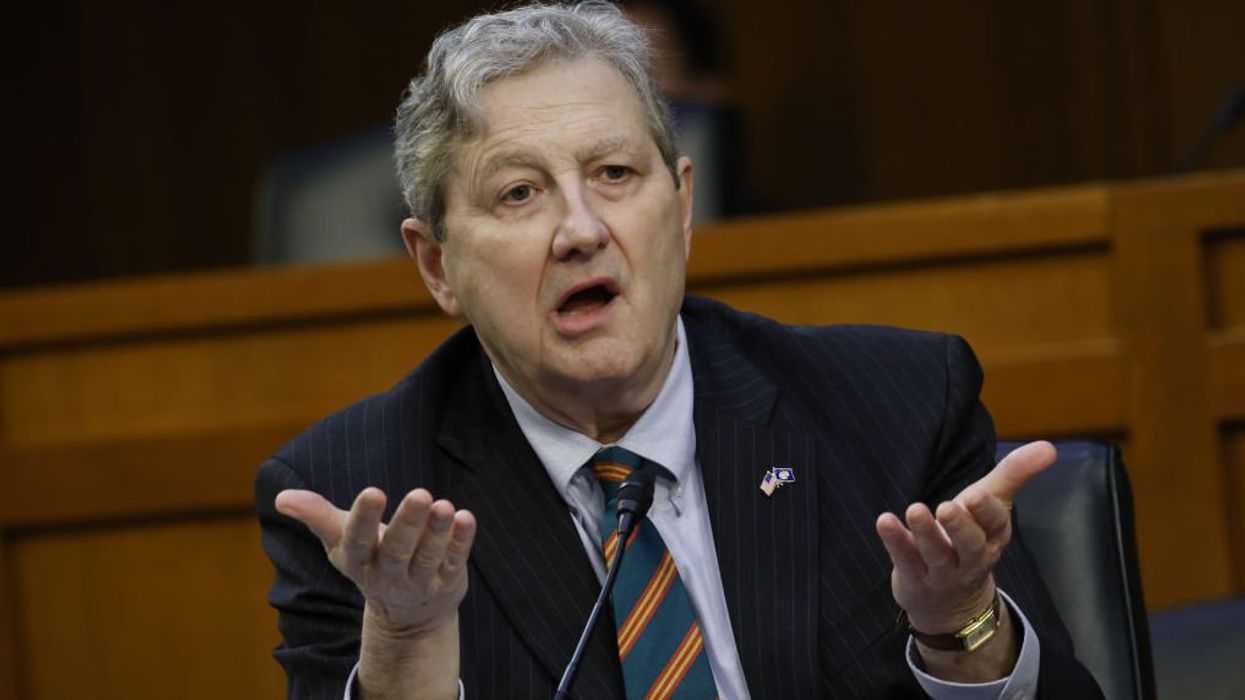Prohibiting handheld-cellphone use among drivers doesn't make the roads any safer, according to a new study to be published by the August edition of the journal Transportation Research.
 In this Dec. 19, 2013 photo, a motorist talks on a cell phone while driving on an expressway in Chicago. A sophisticated, real-world study confirms that dialing, texting or reaching for a cellphone while driving raises the risk of a crash or near-miss, especially for younger drivers. But the research also states that simply talking on the phone did not prove dangerous, as it has in other studies. (AP Photo/Nam Y. Huh)
In this Dec. 19, 2013 photo, a motorist talks on a cell phone while driving on an expressway in Chicago. A sophisticated, real-world study confirms that dialing, texting or reaching for a cellphone while driving raises the risk of a crash or near-miss, especially for younger drivers. But the research also states that simply talking on the phone did not prove dangerous, as it has in other studies. (AP Photo/Nam Y. Huh)
Researchers found no measurable difference in daily auto accidents in California six months before and six months after the state's July 1, 2008 ban on handheld-phone usage went into effect, even after adjusting for weather, holiday traffic increases and traffic lulls caused by higher gas prices.
Despite only covering one state, the study could have national significance on future state policy debates: Thirteen states currently ban handheld-cellphone use for all drivers, and 10 other states have some form of ban either just for younger drivers, a ban in school zones or as a local option, according to the National Conference of State Legislatures.
The study was done by University of Colorado associate economics professor Daniel Kaffine, Nicholas Burger of the Rand Corporation and Bob Yu of Colorado School of Mines.
“If it’s really that dangerous, and if even just a fraction of people stop using their phones, we would expect to find some decrease in accidents,” Kaffine said. “But we didn’t find any statistical evidence of a reduction.”
The researchers opted for a window of six months before the law and six months after to eliminate other factors such as the manufacturing of safer vehicles, the economic recession that reduced driving and changes in other California traffic laws.
“Disentangling these effects will be useful for policymakers in other states who are considering policies to address distracted driving,” Kaffine said. “However, our results suggest that simply banning hand-held cellphone use may not produce the desired increase in traffic safety.”
Kaffine said this is not conclusive proof the laws do not work, pointing out that some people had already switched to handsfree devices such as Bluetooth before the ban.

 In this Dec. 19, 2013 photo, a motorist talks on a cell phone while driving on an expressway in Chicago. A sophisticated, real-world study confirms that dialing, texting or reaching for a cellphone while driving raises the risk of a crash or near-miss, especially for younger drivers. But the research also states that simply talking on the phone did not prove dangerous, as it has in other studies. (AP Photo/Nam Y. Huh)
In this Dec. 19, 2013 photo, a motorist talks on a cell phone while driving on an expressway in Chicago. A sophisticated, real-world study confirms that dialing, texting or reaching for a cellphone while driving raises the risk of a crash or near-miss, especially for younger drivers. But the research also states that simply talking on the phone did not prove dangerous, as it has in other studies. (AP Photo/Nam Y. Huh)


